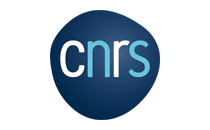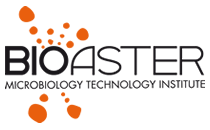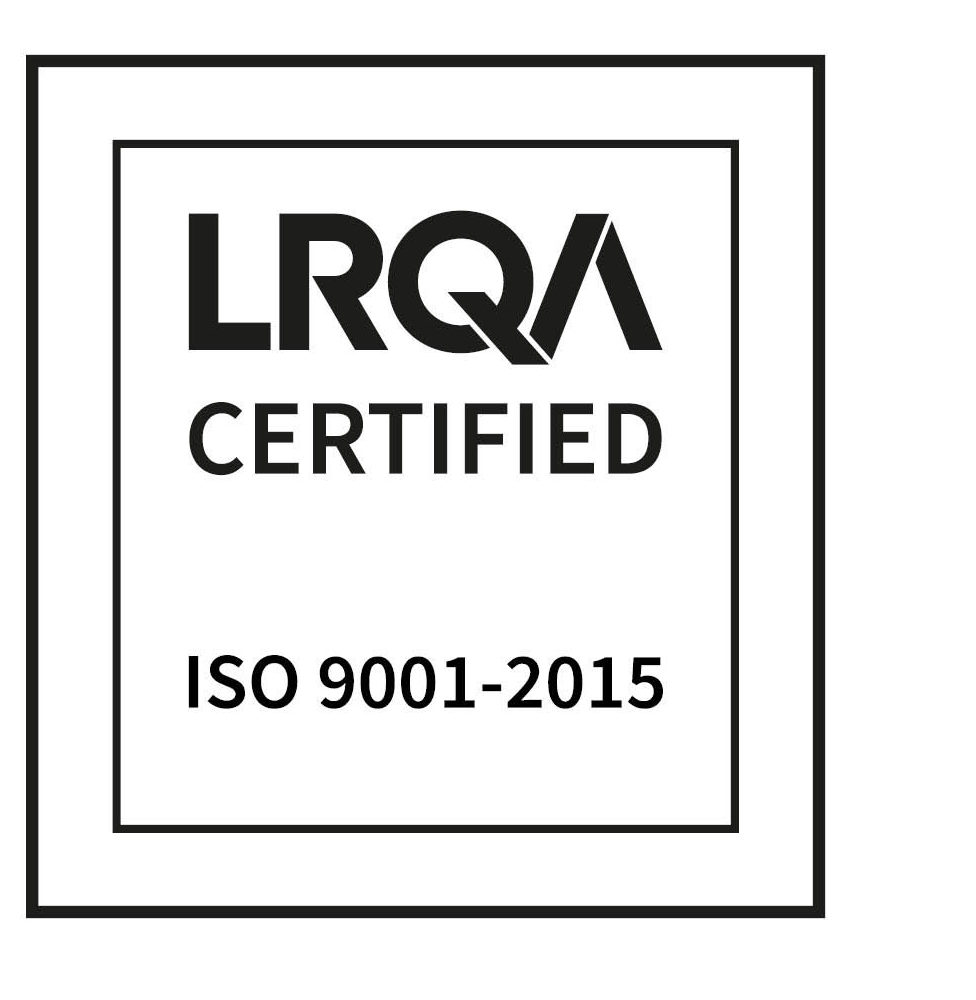R & D projects
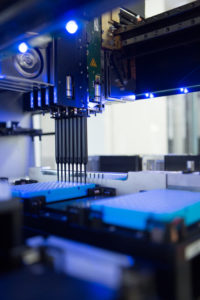 Different types of collaborative research and development projects are proposed, in connection with researchers from the top public laboratories. In order to facilitate the collaboration between private and public players, simple intellectual property rules have been pre-defined.
Different types of collaborative research and development projects are proposed, in connection with researchers from the top public laboratories. In order to facilitate the collaboration between private and public players, simple intellectual property rules have been pre-defined.
Projects are carried out according to good practice of “project management”, integrated into the quality management system of TWB (ISO 9001). Steering committees monitor the progress of topics, deciding their arrest or continuation based on their initial objectives.
1. Public research projects
These public research projects, having high innovation potential, are intended to generate technological breakthroughs and encourage the creation of innovative start-ups. Intellectual property remains 100% public, however an information priority is reserved for members of the TWB consortium, as well as a right of first negociation over exploitation of the end results. These projects are self-financed by TWB via its consortium. One call for proposals is organized each year.
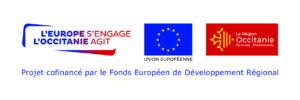 *Scholarships are allocated to post-doctoral fellows for projects under the “POST-DOC” Program of the regional authority “la Région Occitanie / Pyrénées-Méditerranée” and through the European Union (2014-2020 FEDER Program).
*Scholarships are allocated to post-doctoral fellows for projects under the “POST-DOC” Program of the regional authority “la Région Occitanie / Pyrénées-Méditerranée” and through the European Union (2014-2020 FEDER Program).
2. Industrial projects
Projects are funded by companies (consortium member or not). They involve finalized research topics opening up important opportunities for use and return on investment in the short and medium term. The generated intellectual property can belong to the company. Exclusive exploitation rights are granted to industrial companies that belong to the consortium.
3. Co-financed projects
The co-financing of these projects comes from private and public funds, in response to national or European calls for offers (ANR, ADEME, Bpifrance, EU…). As a result, project results are negociated on a case-by-case basis for the sharing of intellectual property.
Few examples of projetcs:
Current projets:
IPM-4-CITRUS Project
TWB participates in the European project IPM-4-CITRUS, for ” Integrated Pest Management for Citrus “, led by TBI via INSA Toulouse.The objective of the project is to develop a new biopesticide active against citrus pests and scale it up from lab to market. The project is based on reinforced collaborations between industrial and academic partners based in 3 European member states (France, Germany, Italy), 2 associated countries (Turkey, Tunisia) and 1 third country (Lebanon). The total amount of the project is 0.8 M€ for a period of four years (2017 – 2021). The project’s research and innovation activities are based on a multidisciplinary approach, which aims at understanding and sensitising stakeholders about the health risk factors related to citrus pests and their treatment by chemical pesticides and developing an alternative Integrated Pest Management (IPM) approach based on biological control.
Contact: Julien Cescut – TWB
BIOIMPULSE project
The BioImpulse project aims to create a new adhesive resin without a substance of very high concern and of bio-based origin. This project will open up new applications for biotechnology in the field of materials. Coordinated by Michelin through its ResiCare subsidiary, this collaborative project brings together major public and private players: FCBA, INRAE and INSA, as well as the Lesaffre group through its Leaf business unit. Bioimpulse is supported by ADEME as part of the Programme d’investissements d’avenir. The total amount of the project is 28.1 M€ for a period of six years (2019 – 2025).
Contact: Dr. Olivier Galy – TWB
Completed projects:
SYNTHACS project
The SYNTHACS project (2011 – 2017) was based on the exploitation of biomass for the production of chemical synthons through synthetic biology. More precisely, it led to the creation of a metabolic pathway for the biological synthesis of a small reaction intermediate for the subsequent synthesis of high-value-added molecules.
The project, with a total budget of €8 million, has received funding from the French National Research Agency (ANR), as part of the French programme Investissements pour le futur (PIA). It was led by the multinational company Adisseo and involved TBI research teams using TWB equipment.
As a result of successful research, ADISSEO now aims to extrapolate the project to the industrial level with the aforementioned partners, and financial support from ADEME.
THANAPLAST & C.E-PET projects
The THANAPLAST project (2012 – 2017), with a budget of 22 M€, led by CARBIOS, orchestrated by TWB, co-funded by Bpifrance, and mainly carried out by a TBI research team (INSA Toulouse), developed innovative technologies: incorporating enzymes into plastics to make them biodegradable. These scientific breakthroughs, which have had major economic and industrial repercussions in the bioplasturgy field, led to the production of fully biodegradable films for use in agriculture, with the creation in 2016 of a joint undertaking between Carbios and Limagrain : Carbiolice.
With the C.E-PET project (2018 – 2021), the collaboration between TWB, TBI and CRITT Bio-Industries with CARBIOS has entered an industrialisation phase with the development of a pilot to recycle plastics made from polyethylene terephthalate (PET), to support the circular economy. The project, worth a total of €11.3m, received financial support from the PIA via ADEME.
